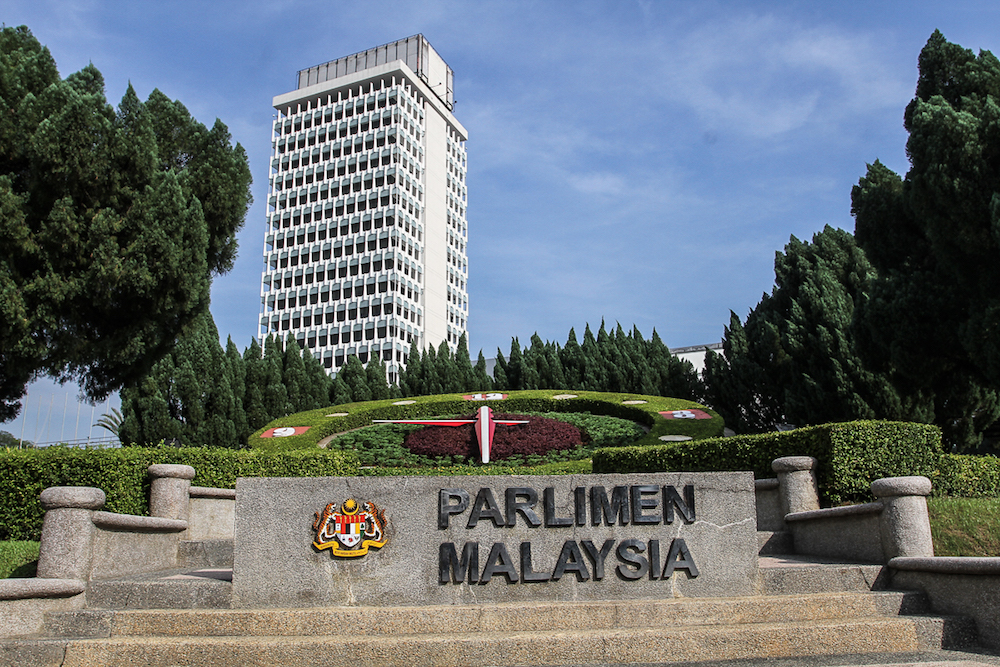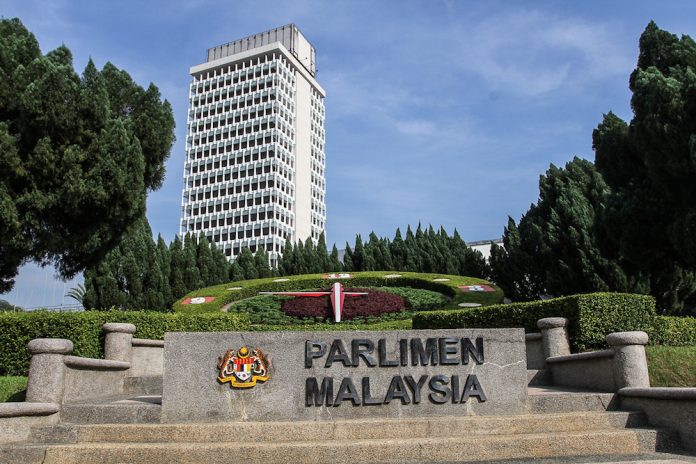
Subscribe to our Telegram channel for the latest updates on news you need to know.
KUALA LUMPUR, Feb 25 — The Federal Court has today made it clear that Parliament has primacy when it comes to making laws on criminal offences in Malaysia, lawyers representing a Malaysian Muslim man in the case said.
In a joint statement by lawyers Datuk Malik Imtiaz Sarwar and Surendra Ananth, they noted that the Federal Court’s nine-judge panel chaired by Chief Justice Tun Tengku Maimun Tuan Mat had unanimously ruled in favour of their client by declaring Section 28 of the Shariah Criminal Offences (Selangor) Enactment 1995 as void for being unconstitutional.
Section 28 makes it a Shariah offence for “any person” performing “sexual intercourse against the order of nature with any man, woman or animal”, with the punishment being a maximum fine of RM5,000 or a maximum three-year jail term or a maximum whipping of six strokes or any combination.
The order sought by the man and granted by the Federal Court today is for a declaration that Section 28 is invalid on the grounds that it makes provision with respect to a matter which the Selangor state legislature has no power to make laws on and is therefore null and void.
In this case, a key issue was whether Section 28 was invalid as the Selangor state legislature has no powers to make laws on a matter that falls under the federal government’s powers via Parliament to make laws on instead.
Both Imtiaz and Surendra noted that the Federal Court’s decision today was that the power of state legislatures to make laws on offences against the precepts of Islam is limited to matters that do not fall under Parliament’s powers, and that this was even if Parliament had yet to make such laws.
“The court concluded that under the Constitution, it is Parliament that has primacy over criminal law.
“Though the State Legislative Assemblies can enact offences against the precepts of Islam, that legislative power does not extend to matters that Parliament can make criminal law over under the Federal List.
“This serves to limit the power of the State Legislative Assembly to enact offences against the precepts of Islam. To be clear, that preclusion applies as long as Parliament can make criminal law on the subject and is not confined to where Parliament has made law,” the lawyers explained.
The lawyers were referring to the Federal Constitution’s Ninth Schedule’s List I and List II or the Federal List and State List, which separately list what the federal government via Parliament and state governments via state legislative assemblies can make laws on.
The State List states that state legislative assemblies can make laws on Islamic law, including the “creation and punishment of offences by persons professing the religion of Islam against precepts of that religion, except in regard to matters included in the Federal List”.
“In this way, the court has clarified that the State Legislative Assembly can only enact purely religious offences. Such offences fall within the jurisdiction of the Shariah courts.
“In this way, the court has addressed the misconception that there are, in effect, two parallel systems of criminal law of equal standing.
“The court has clarified that there is one system of general criminal law, applicable to all persons, and another system of purely religious law in which offences can only relate to matters of religion. This will ensure that the law is applied without discrimination,” the two lawyers further said when explaining the separate grounds of judgment by Chief Justice Tengku Maimun and Chief Judge of Malaya Tan Sri Azahar Mohamed.
Among other things, it was noted by the Federal Court that Parliament had already made laws on the same offence of unnatural sex in Section 28, via Sections 377 and Section 377A of the Penal Code which is a federal law.
Other lawyers who represented the Muslim man were Honey Tan Lay Ean and Tay Kit Hoo. The name of the Muslim man is being withheld on the request of his lawyers, who had previously highlighted the risks and danger posed if he was to be named publicly.
Later when asked by Malay Mail on what would happen to the Shariah trial against the Muslim man following the Federal Court’s decision today, Surendra said that the Shariah charge under Section 28 should be dropped by the prosecution.
“Prosecution should now withdraw the charge. As for the judicial review in High Court, we will wait on the status of the charge in the Shariah court,” he said.
In August 2019, the Malaysian Muslim man was charged in the Selangor Shariah High Court under Section 28 of the 1995 Selangor state law read together with Section 52 for attempted offences, where he was alleged to have in November 2018 in a house in Bandar Baru Bangi attempted to commit sexual intercourse against the order of nature with other men.
MORE TO COME


